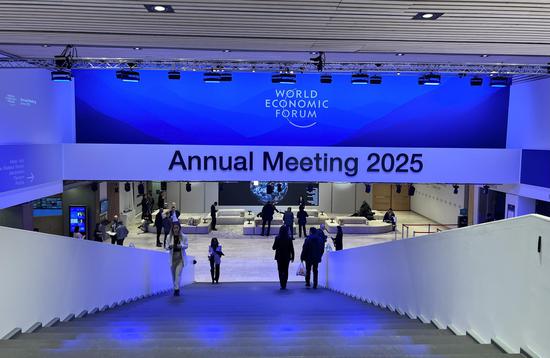Beijing Internet Court has recorded a significant increase in online culture and tourism consumption disputes in recent years, with many involving hotel and flight ticket reservations or cancellations.
According to data released by the court on Wednesday, the number of such cases soared to 813 last year, up from 135 in 2022. Over 90 percent of the lawsuits were related to online information inquiries, bookings and after-sales services.
The rise in cases has been attributed to the rapid development of the culture and tourism market and the growth of online service users, Sun Mingxi, a senior judge at the court, told a news conference.
Previous data from the Ministry of Culture and Tourism showed that during last year's Spring Festival holiday, 474 million domestic trips were made nationwide, contributing a staggering 630 billion yuan ($86.5 billion) to the domestic culture and tourism market.
"More consumers are turning to the internet to obtain service information and select products, benefiting from the convenience and diversity of online services," Sun said. "However, this trend has also led to a rise in complaints and disputes with service providers and online platforms."
She cited examples of consumers complaining that the online services they purchased did not match the actual content, with some even claiming that the prices of their online bookings were fraudulent.
In a recent case, a consumer surnamed Wang took an internet platform to court after finding the price of a flight ticket he purchased on the platform was higher than that on the airline's official website. Wang claimed that he had been deceived by the platform and demanded a refund and compensation.
Upon investigation, the court discovered that the platform had bundled additional services with the flight ticket without clearly informing Wang at the time of purchase, causing him to pay a higher price than he expected.
The court ultimately ruled in favor of the consumer, identifying that the platform's actions constituted fraud, and ordered it to refund Wang's ticket and pay him compensation.
Zhang Qian, another judge from the court, said some online platforms have been found to use their technological and informational advantages to create fake discounts, thereby infringing on consumers' legitimate rights and interests.
She underscored the importance of transparency and consumer protection in the digital marketplace, adding that Chinese law requires internet platforms to clearly alert users to any additional items and inform them of their total costs when purchasing services or products in cyberspace.
While advising consumers to exercise caution when purchasing online services and to properly retain evidence of online transactions, the judges also called on internet platforms to enhance the supervision of information content and streamline their dispute resolution processes by issuing notices or guidelines.
Culture and tourism service providers should fully, truthfully and accurately disclose their service information, including details on when services are unavailable and under what circumstances refunds can be obtained, they said, emphasizing that fake content and those misleading consumers must be prohibited.


















































 京公网安备 11010202009201号
京公网安备 11010202009201号